United Arab Emirates
WELCOME TO United Arab Emirates
Country Overview
Dubai
83,600 km2
9.9 million
Arabic
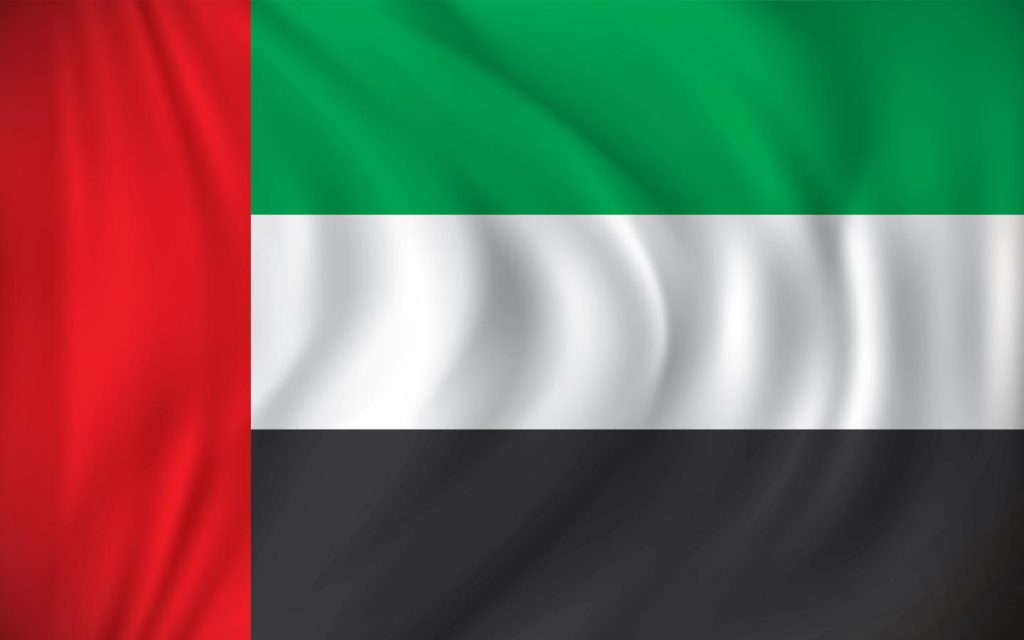
Popular
Geography and Tourist Attractions
Information about the country's tourist attractions, including popular destinations, events, and activities.

Burj Khalifa
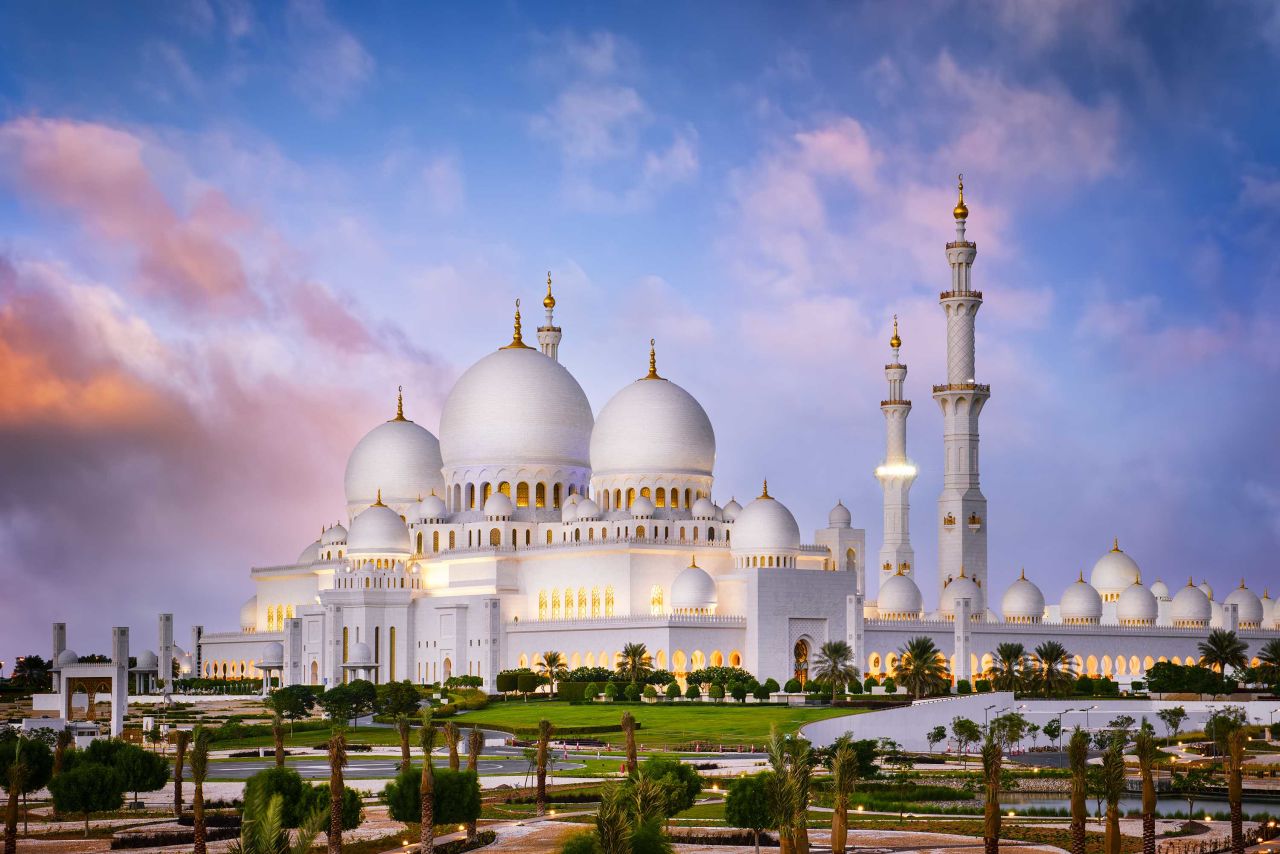
Sheikh Zayed Grand Mosque
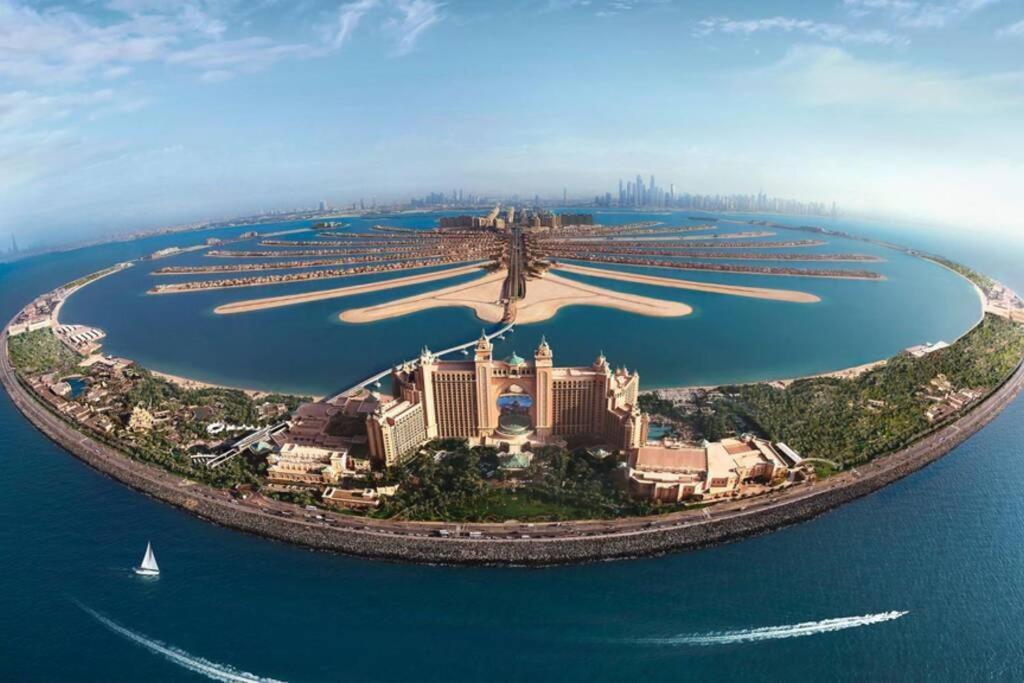
Palm Jumeirah
Political
Economy and Government
The United Arab Emirates (UAE) boasts a thriving economy and a well-structured government system. With a diversified economy, the UAE has successfully reduced its reliance on oil and gas revenues by promoting sectors such as tourism, finance, real estate, and manufacturing. The country's strategic location, modern infrastructure, and business-friendly policies have attracted numerous multinational corporations and investors.
The government of the UAE operates under a federal constitutional monarchy. It is composed of seven emirates, each with its own ruler, and a president and vice president selected from among the rulers. The ruling families play a crucial role in decision-making processes, ensuring stability and continuity.
The UAE has implemented policies to foster economic growth, such as tax incentives, free trade zones, and initiatives to attract foreign direct investment. The country also prioritizes innovation and technology, investing in research and development and promoting a knowledge-based economy.
Furthermore, the UAE has a strong emphasis on social welfare, providing its citizens with free education, healthcare, and housing assistance. It has made significant advancements in infrastructure development, including world-class airports, ports, and transportation networks.
Overall, the UAE's robust economy, efficient governance, and focus on diversification have propelled it to become a global hub for business and commerce, making it an attractive destination for both investors and professionals seeking opportunities.
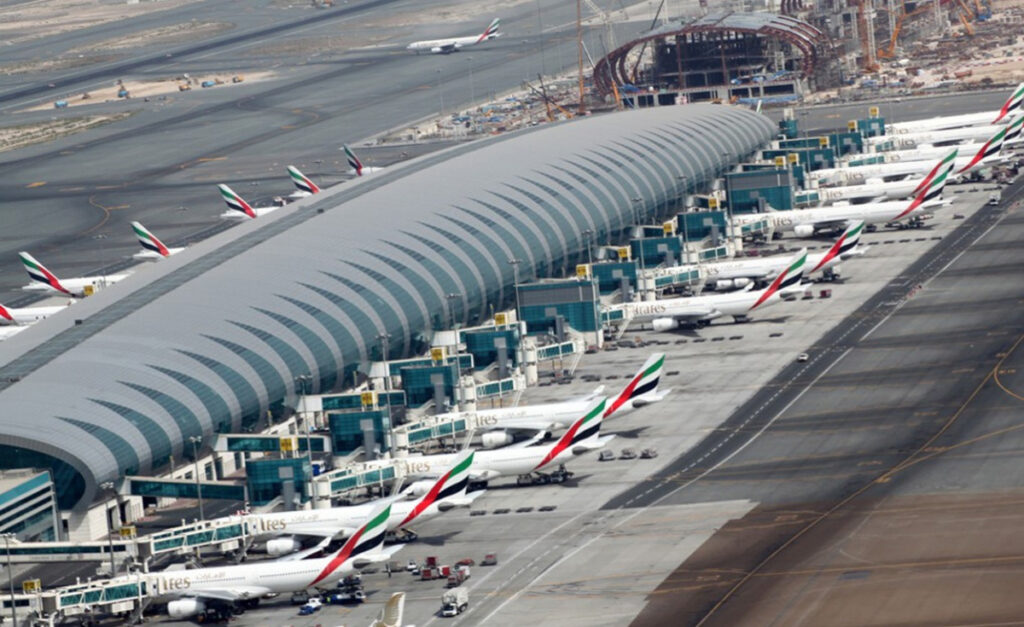
History
History and Culture
The history and culture of the United Arab Emirates (UAE) are deeply rooted in its Bedouin heritage and Islamic traditions. The region has a rich history dating back thousands of years. Before the formation of the UAE in 1971, the area was inhabited by nomadic tribes engaged in trade and pearl diving.
The discovery of oil in the 1950s transformed the UAE's economy and society. Rapid urbanization and modernization took place, leading to the development of cities like Dubai and Abu Dhabi into cosmopolitan hubs.
Despite the rapid changes, the UAE has worked to preserve its cultural identity. Traditional practices such as falconry, camel racing, and dhow sailing continue to be celebrated. The country also takes pride in its Islamic heritage, with mosques, such as the Sheikh Zayed Grand Mosque in Abu Dhabi, serving as architectural marvels and cultural landmarks.
The UAE's commitment to cultural preservation is evident in the establishment of museums, heritage villages, and cultural festivals. These showcase the Bedouin way of life, traditional crafts, music, and dance.
Moreover, the UAE promotes tolerance and cultural diversity, welcoming expatriates from different parts of the world. It hosts numerous international events, including the Dubai Shopping Festival and the Abu Dhabi Formula 1 Grand Prix, further adding to its cultural tapestry.
The history and culture of the UAE reflect a unique blend of tradition and modernity, creating a vibrant society that embraces its roots while embracing global influences.
HOTELS
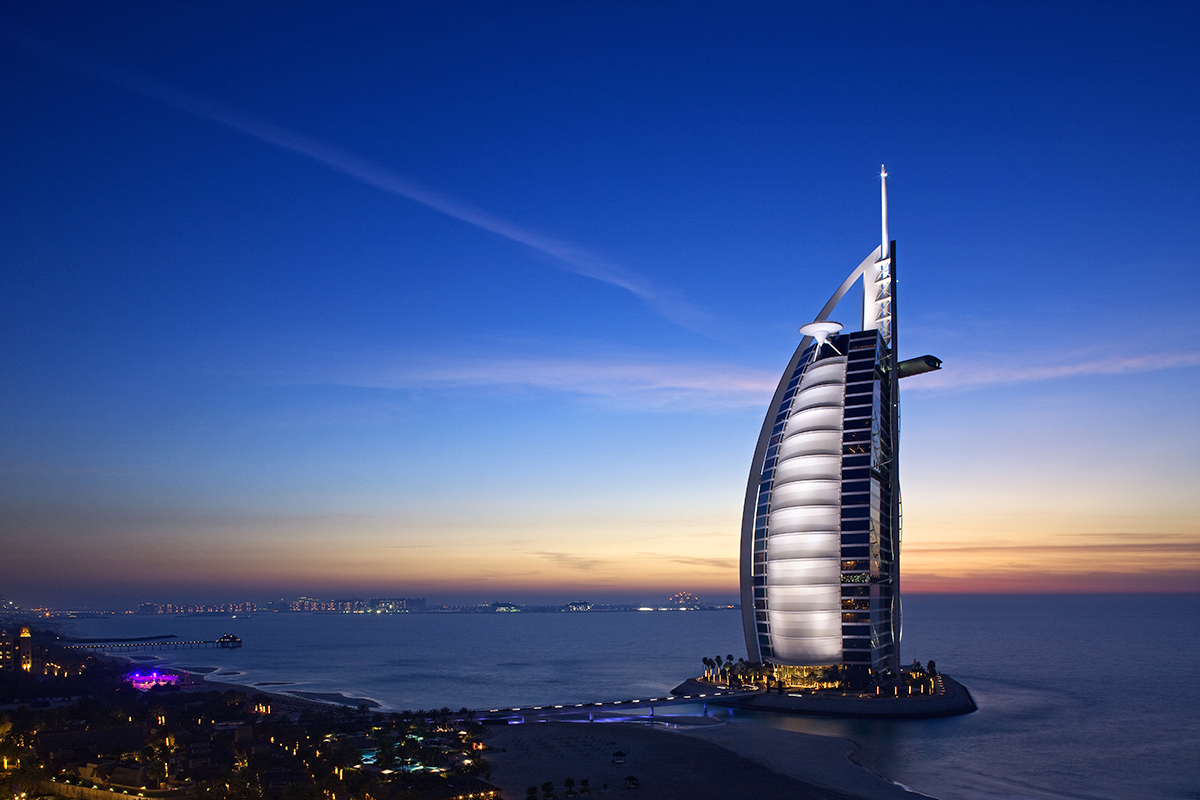
Burj Al Arab Jumeirah (Dubai)
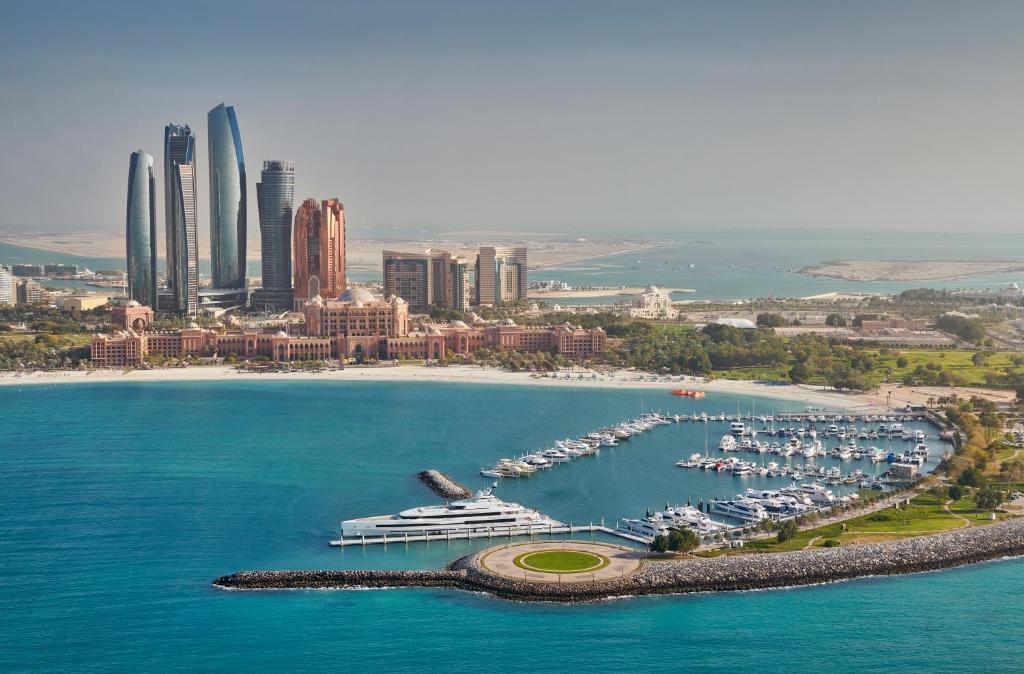
Emirates Palace (Abu Dhabi)

Qasr Al Sarab Desert Resort by Anantara (Liwa)
RESTAURANTS
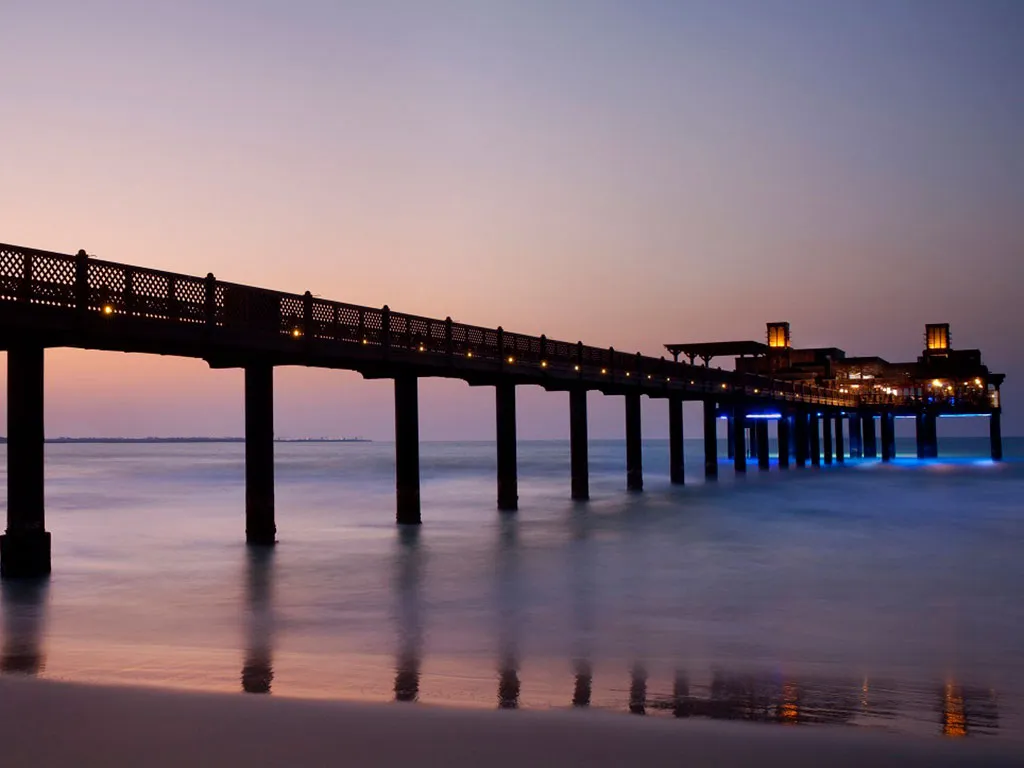
Pierchic (Dubai)
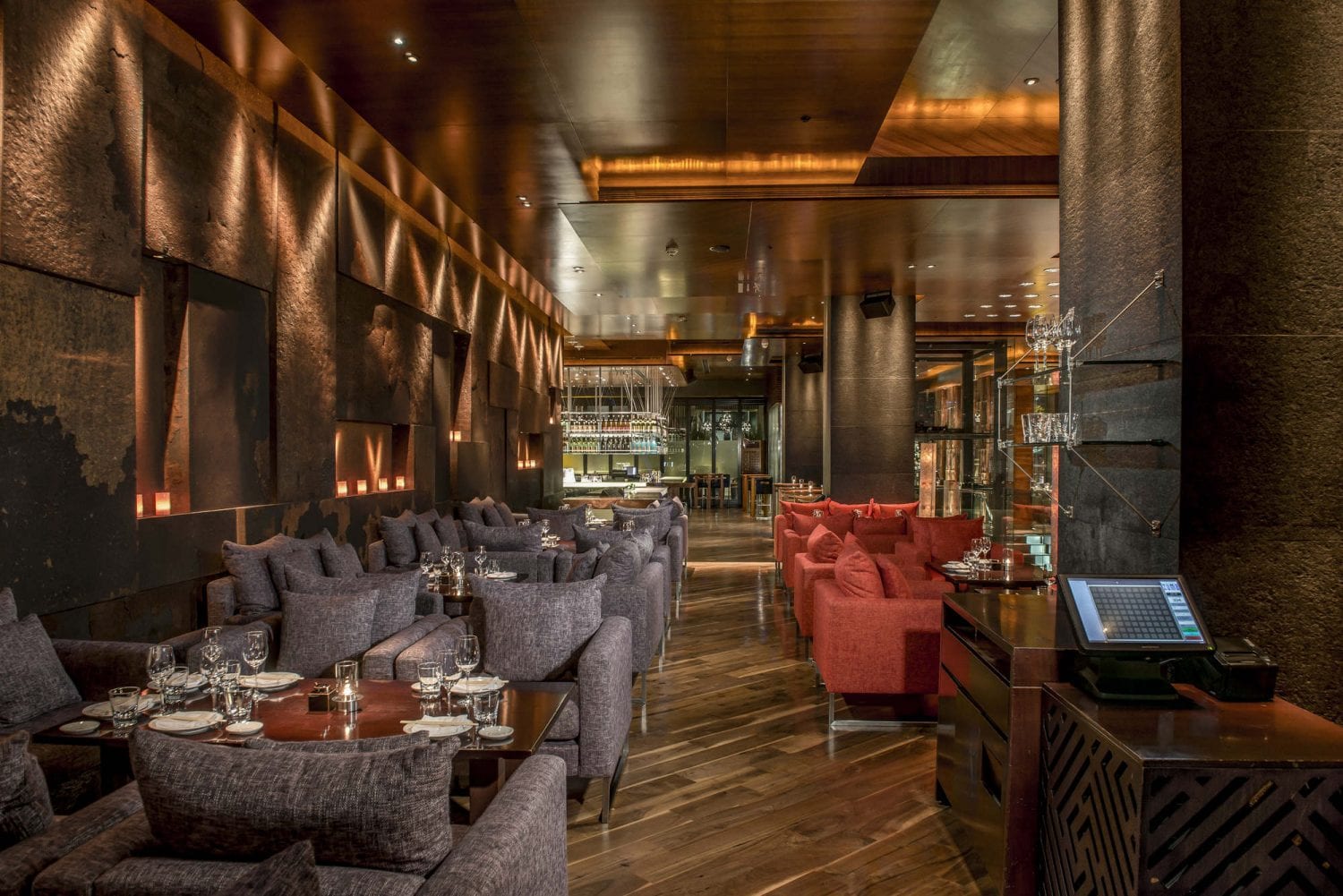
Zuma (Dubai)

